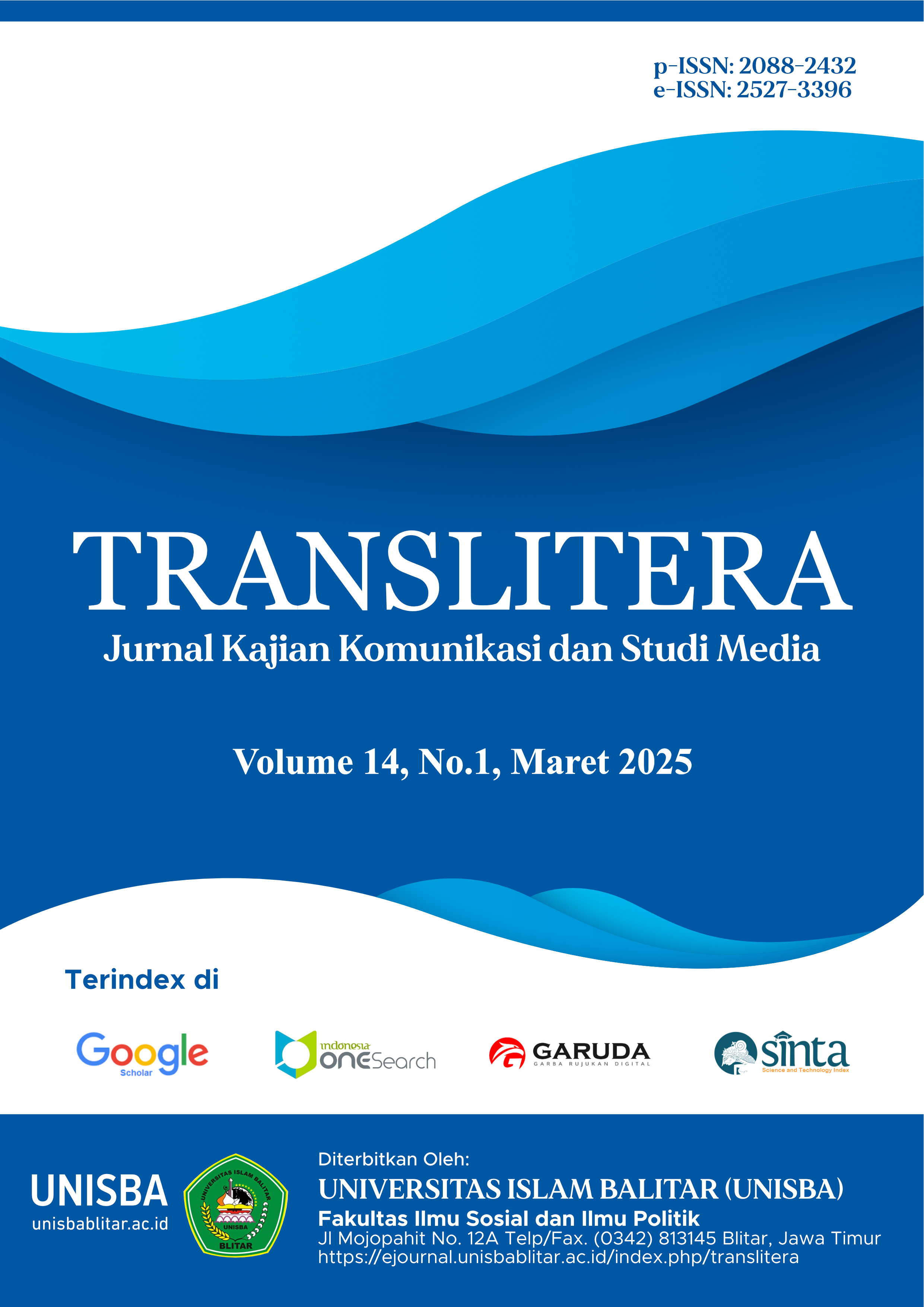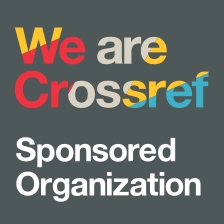Evaluating Da'wah Management
Study on the Effectiveness of Messages and Reception of Da'wah at Al-Falah Islamic Boarding School
DOI:
https://doi.org/10.35457/translitera.v14i1.4467Keywords:
Manajemen Dakwah, Evaluasi, Strategi Dakwah, EfektivitasAbstract
Da’wah management is a crucial aspect in the success of delivering Islamic messages effectively and efficiently. This article aims to evaluate the implementation of da'wah management, starting from planning, organizing, implementing, to supervising in various da'wah institutions. The method used is a qualitative study with a case study approach to several da'wah organizations in Indonesia. The results showed that the success of da'wah management is strongly influenced by the organization's ability to formulate da'wah strategies that are adaptive to the times, the ability of human resources, and the effectiveness of internal coordination. This evaluation is expected to contribute to improving the quality of da'wah in the future, both in terms of methods, media, and institutional management.
References
Anwar, M. (2010). Manajemen Dakwah: Dari Teori ke Aplikasi. Jakarta: Kencana Prenada Media Group.
Kementerian Agama RI. (2020). Pedoman Pelaksanaan Dakwah di Era Digital. Jakarta: Dirjen Bimas Islam.
Moleong, L. J. (2017). Metodologi Penelitian Kualitatif (Edisi Revisi). Bandung: PT Remaja Rosdakarya.
Nasution, H. (2015). Strategi dan Metode Dakwah di Era Modern. Bandung: Remaja Rosdakarya.
Nizar, S. (2013). Pengantar Manajemen Dakwah. Jakarta: RajaGrafindo Persada.
Suprayogo, I., & Tobroni. (2005). Metodologi Penelitian Sosial-Keagamaan. Jakarta: Remaja Rosdakarya.
Yusuf, M. (2016). Evaluasi Program Dakwah: Studi Kasus pada Lembaga Dakwah Kampus. Jurnal Dakwah dan Komunikasi, 10(2), 145–160.
Downloads
Published
Issue
Section
License
Authors who publish with this journal agree to the following terms:
- Copyright on any article is retained by the author(s).
- Author grant the journal, right of first publication with the work simultaneously licensed under a Creative Commons Attribution License that allows others to share the work with an acknowledgement of the work’s authorship and initial publication in this journal.
- Authors are able to enter into separate, additional contractual arrangements for the non-exclusive distribution of the journal’s published version of the work (e.g., post it to an institutional repository or publish it in a book), with an acknowledgement of its initial publication in this journal.
- Authors are permitted and encouraged to post their work online (e.g., in institutional repositories or on their website) prior to and during the submission process, as it can lead to productive exchanges, as well as earlier and greater citation of published work.
- The article and any associated published material is distributed under the Creative Commons Attribution-ShareAlike 4.0 International License












